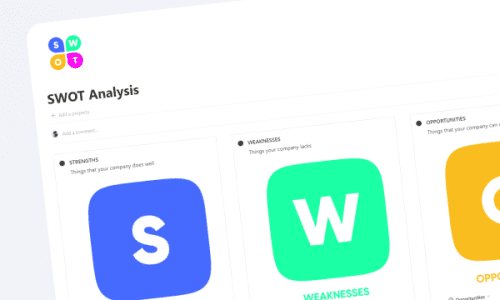- Anahita Parishan
- 0 Comments
- 2522 Views
The Advantages of Starting Small in Your Business Ventures
Why should I start small in my business: When it comes to launching a business, many aspiring entrepreneurs dream big. They picture rapid expansion, impressive profit margins, and widespread recognition. While ambition is a fantastic motivator, there’s something to be said for starting small in your business endeavors.

1. Experience and Learning
Starting small gives you the opportunity to gain valuable experience and learn as you go. You’ll encounter real-world challenges and find solutions through trial and error. This hands-on experience is an invaluable teacher that textbooks and seminars can’t replicate.
2. Building a Strong Foundation
Starting on a small scale allows you to focus on building a strong foundation for your business. You can refine your business model, identify your target audience, and fine-tune your offerings. This foundation becomes the bedrock for future growth.
3. Practical Growth Management
When you begin small, you can more practically manage your business’s growth. Trying to handle explosive growth too soon can lead to overwhelmed resources and potential burnout. By starting small, you can establish manageable growth patterns and scale your business at a comfortable pace.
4. Client Base Expansion
Starting small doesn’t mean you’ll stay small forever. As you build a loyal client base and gather positive testimonials, you can naturally expand your business. Happy customers often refer friends and colleagues, facilitating organic growth.
5. Minimizing Financial Risk
Small-scale operations typically involve lower upfront costs and financial risks. You can test your business concept with minimal investment. This approach minimizes the stress associated with managing significant financial burdens at the outset.
In summary, starting small offers several advantages. It provides you with essential experience, helps you build a solid foundation, allows for practical growth management, and minimizes financial risk. It’s a pragmatic way to lay the groundwork for your business’s long-term success.
Also read:
How to Find Niche Markets Demand – Key Metrics and Indicators
How to Find Buyer Intent Keywords
The Ultimate Guide to Find Profitable Niches





